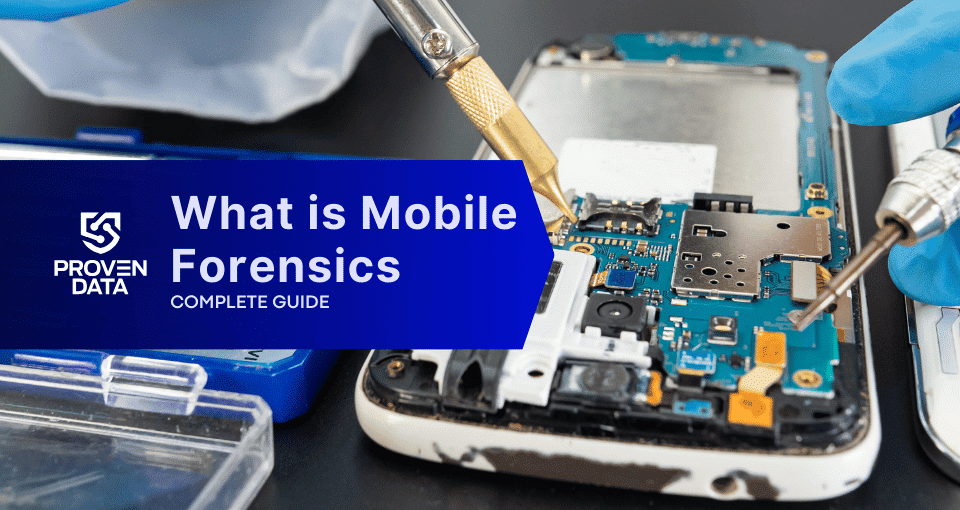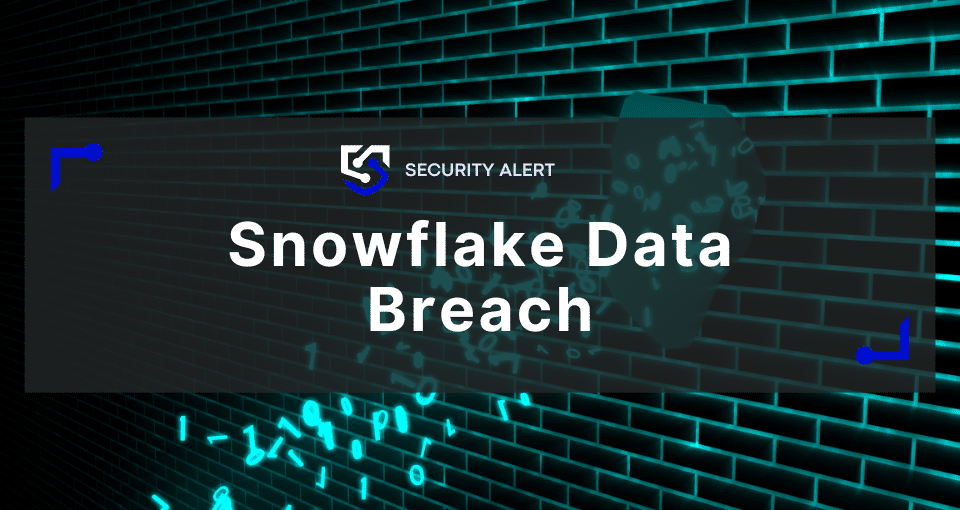Businesses must be prepared with effective strategies for handling ransomware attacks in order to minimize the impact on their operations and protect their valuable assets. In this article, we will discuss how companies should handle ransomware threats so they can mitigate the risks associated with such attacks.
How should a company handle ransomware?
The first step to handle ransomware attacks is to identify the source and scope of the threat. Companies should assess the systems affected by the attack, determine how much data has been encrypted or stolen, and assess what needs to be done to recover lost data. Once the company knows where it stands, it can begin taking steps to mitigate further damage and protect its assets.
It is important for companies to have an incident response plan in place before they encounter a ransomware attack. The plan should include detailed instructions on how employees should respond when they detect suspicious activity and who within the organization should be contacted if there is an incident that requires immediate attention.
Organizations must also establish protocols for communication with internal stakeholders as well as external entities such as law enforcement agencies, legal counsels, and insurance companies.
Paying the ransom is not recommended as it only encourages cybercriminals to target other organizations. Instead, companies should focus on restoring their systems from backup files or by contacting specialized ransomware recovery services. Companies must also ensure that they have solid security protocols in place to prevent future ransomware attacks. This should include rigorous password protection policies, secure file access permissions, and regular vulnerability scans of their network infrastructure.
Organizations must also be aware of any changes that may occur in state laws regarding cybersecurity issues such as data breach notification requirements and penalties for failure to comply with these regulations. Companies should consult with qualified legal professionals to ensure they are complying with all relevant laws related to cyber security. Data breaches can lead to severe penalties for businesses since it goes against what data protection laws stands for.
The risks of ransomware
Cyber attack risks depend on the type of data they target. For example, if a company’s customer information is compromised, it may face severe legal and regulatory consequences.
Companies must have procedures in place to quickly identify and respond to ransomware threats and take steps to prevent future attacks. When a ransomware attack does occur, companies must take immediate steps to respond and mitigate the risks associated with it. It is important to quickly identify what data was compromised, as well as understand how the malware entered the system.
Companies should also assess any potential damage done by the ransomware and limit its spread if possible. Furthermore, it may be wise to contact law enforcement authorities and report the ransomware attack.
Preventing ransomware
First, companies should ensure that their systems are regularly updated with the latest security patches and antivirus software. This will help protect against known exploits and limit the effectiveness of ransomware.
Additionally, companies should restrict user access privileges to reduce the chances of malicious actors gaining access to sensitive data. Finally, it is important for companies to train their staff on proper security practices. This includes not opening suspicious attachments or clicking on malicious links which can lead to ransomware infection. It is essential for companies to be aware of the risks associated with ransomware attacks and take steps to protect their systems from such threats.
With the right strategies in place, companies can limit potential damages caused by ransomware and ensure their operations are secure.
What should you do in case of a ransomware attack?
Ransomware is a type of malware, malicious software designed to cause disruption and damage to an organization. It exfiltrates and encrypts a company’s sensitive data, putting the business at risk of losing customers, incurring legal or regulatory penalties, and suffering reputational damage. Enterprises must know how to handle ransomware attacks to prevent further damage.
1. Assess the damage. Quickly identify what data has been compromised and assess any potential damage done by the ransomware. 2. Limit its spread. Try to limit the spread of the ransomware if possible. 3. Contact law enforcement. Consider contacting law enforcement authorities for additional assistance in containing the threat.
4. Implement preventive measures. Ensure that systems are regularly updated with security patches and antivirus software, restrict user access privileges, and train staff on proper security practices to prevent future attacks.
Ransomware data recovery
Ransomware attacks can have devastating consequences for organizations, and it is important that companies take the necessary steps to protect themselves from such threats.
In case of a ransomware attack, you can contact Proven Data experts 24/7. Our team specializes in ransomware recovery and removal and can assist you with forensic reports as well.







